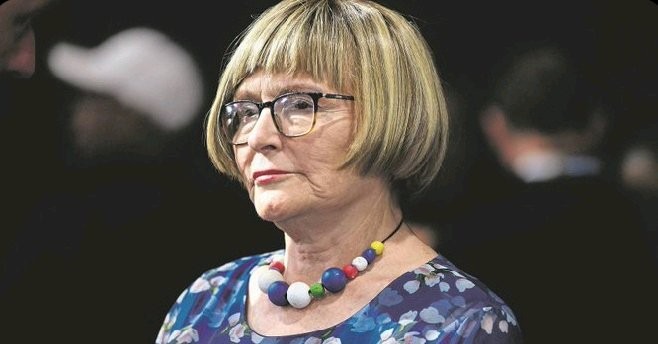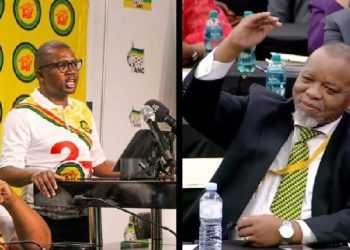The Democratic Alliance’s (DA) federal chairperson, Helen Zille, has fired back at a recent City Press article by Kay Sexwale, which Zille believes unfairly criticized her stance on South African politics. In a strongly-worded response, Zille challenged Sexwale’s assertions and accused the writer of acting as a “mouthpiece for divisive voices.”
Sexwale’s article had questioned Zille’s approach to national issues, suggesting that her rhetoric often undermines unity and patriotism. Known for her unyielding nature in political disputes, Zille wasted no time in countering these claims, framing the exchange as a clash of ideological perspectives.
Responding to Sexwale’s critique, Zille remarked, “Go ahead and be a mouthpiece for those voices if that is what you want to do. Nevertheless, let us leave it up to the general public to decide which of us is acting in a manner that is not patriotic.”
Zille’s rebuttal has ignited broader discussions about the role of political leaders and journalists in shaping public discourse. While some praised her for defending her stance, others criticized her tone, suggesting it detracted from the substantive issues raised by Sexwale.
Political analyst Daniel Silke weighed in on the exchange, describing it as a reflection of South Africa’s increasingly polarized political landscape. “The contentious relationship between political leaders and the media is highlighted in Zille’s response. Her willingness to engage directly shows both her confidence and her sensitivity to criticism,” Silke noted.
As a veteran in South African politics, Zille has built a reputation for standing firmly by her principles, even if it means courting controversy. To her supporters, this incident reaffirms her status as a bold, principled leader unafraid to confront criticism head-on.
Sexwale, meanwhile, has yet to publicly respond to Zille’s comments. Readers have begun debating whether Zille’s critique is a fair defense of her position or a deflection from legitimate concerns about the DA’s role in fostering national unity.
Zille’s challenge to “let the public decide” opens the door for a deeper conversation about patriotism, leadership, and the media’s influence in South Africa’s political landscape. This exchange is poised to fuel ongoing debates around these critical issues.






















